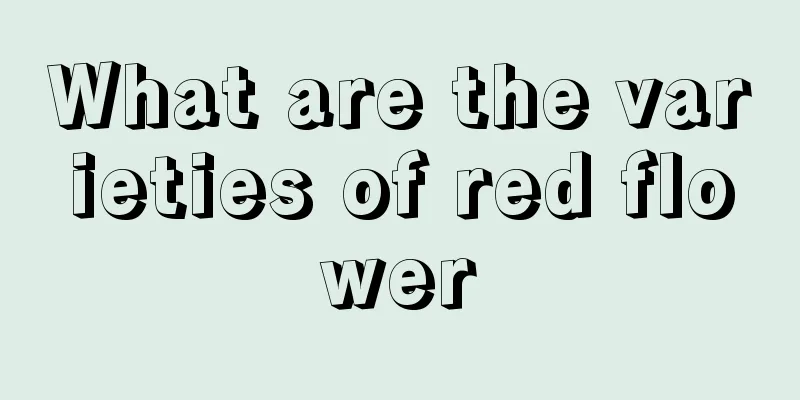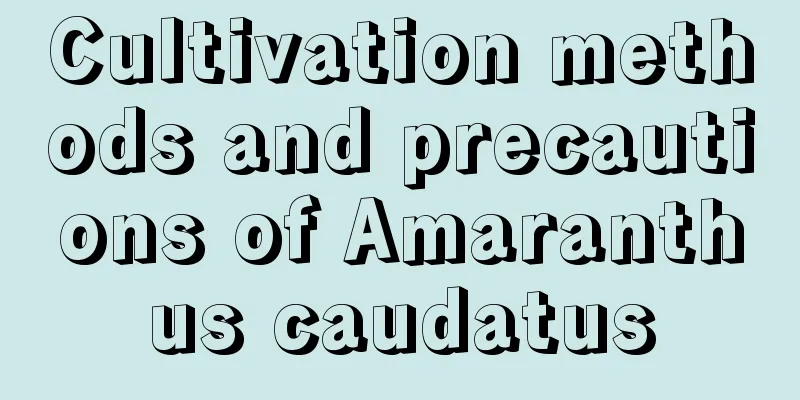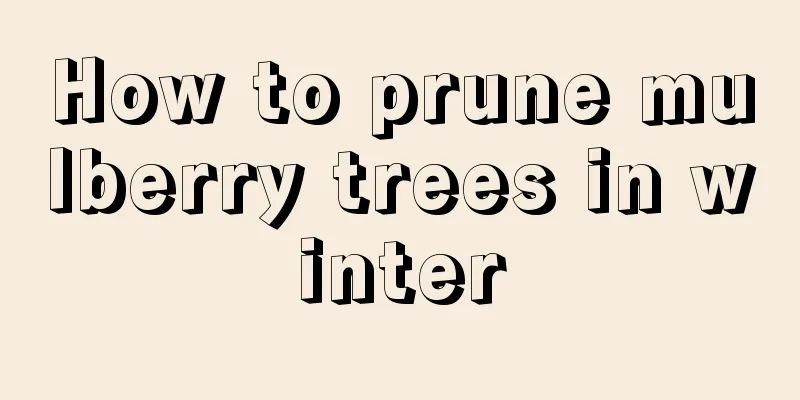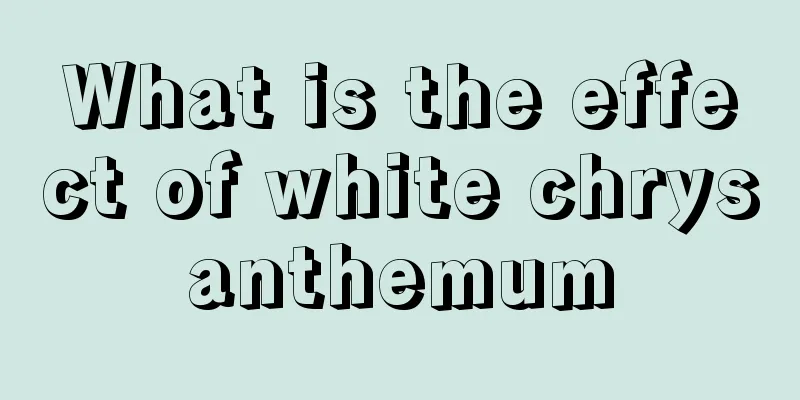What are the varieties of red flower

Young leaves redYoung Red Leaf is a major branch of the red flowered sapwood, sometimes also called single-sided red. Within the large category of Young Red Leaf, it can be further subdivided into four smaller categories, mainly based on the morphological characteristics of the leaves. The young red leaves with long and narrow leaves are called long-leaf green; the ones with slightly round leaves are called round-leaf green; the ones with normal leaves but slightly pointed tips are called pointed-leaf green; the young red leaves with slender and dense leaves are called fine-leaf green. Among the varieties of red flowered succulent trees, Tender Leaf Red has relatively strong vitality and adaptability, but its ornamental value is not as good as other red flowered succulent trees. Generally, friends who are good at growing flowers will choose other varieties of red flowered succulent trees, while friends who are not so good at growing flowers will choose Tender Leaf Red to increase the survival rate of flowers. Bone redThe ornamental value of Touguhong is higher than that of Nenyehong, but its vitality and adaptability are not as high as those of Nenyehong, so it is suitable for friends who are good at growing flowers. The leaves of the red-rooted shrub are small and wide, grow very densely, and have a high ornamental value. The new leaves of Touguhong, that is, the leaves that have just sprouted, are purple-red, while the old leaves are more mixed in color, mainly purple-red with dark green on the front and slightly pink-green on the back because they rarely see sunlight. Like the tender red leaves, it can be divided into many types according to the shape of the leaves. There are many types of red-brown tea, including dense-branch red-brown tea with relatively dense branches and dark leaves; sparse-branch red-brown tea with fewer branches and sparse leaves; thin-leaf red-brown tea with slender and narrow leaves; and spotted-leaf red-brown tea with spots on the top of the leaves. Double-sided redThe ornamental value of double-sided red is also relatively high. Like the bone-penetrating red, it is suitable for friends who are good at growing flowers. The leaves of Double-Sided Red are larger than those of other red-flowered successors. Similarly, according to the leaf morphology of double-sided red, it can be divided into several types, namely: pointed leaf red, large leaf red, curled leaf red and prostrate red. |
<<: Cultivation methods and precautions of Thousand Bird Flowers
>>: The difference between Artemisia serrata and Artemisia serrata
Recommend
How to grow feather maple
Feather Maple Growing Conditions Feather maple li...
How to plant camellia and when to plant camellia
1. Planting time It is recommended to plant camel...
How to prune cedar
When to prune cedar It is usually more appropriat...
Why do potted peppers only bloom but not bear fruit? (Why do potted peppers not bear fruit?)
1. Improper fertilization causes peppers to bloom...
The difference between Verbena and Plum
1. Flower Difference Verbena is a group of small ...
Cultivation methods and precautions of Hedinglan
1. Maintenance methods 1. Temperature: Crane orch...
Cultivation method of iron tree
soil Potted cycads are suitable for well-drained,...
How to grow rosemary in autumn
1. Temperature drops in early autumn At the begin...
I picked up the flowers you threw away and took them home. I grew them to overflowing pots in a month. I wouldn’t sell them even if you offered 2,000 yuan!
Pick up a dragon bone and take it home, it will j...
Can green radish be hydroponically cultivated? Hydroponics methods and precautions
Can green radish be grown hydroponically? Green i...
Feng Shui Application of the Lucky Tree
1. The lucky tree has the effect of promoting aca...
When to plant geranium seeds
1. When to plant When planting geranium seeds, th...
Planting and cultivation techniques of Radix Isatidis
Isatis root , as a widely used Chinese medicinal ...
How to care for Golden Tiger Cactus
1. Lighting The most important thing in the maint...
The flower language of morning glory, what color is morning glory
1. Flower Language The flower language of morning...









